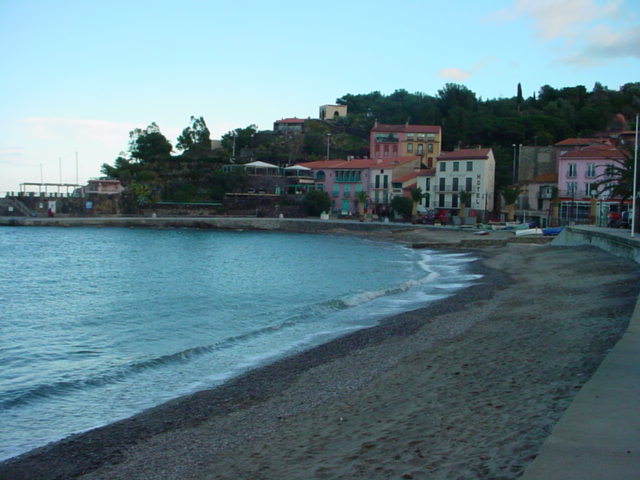This week Slavoj Zizek (I don't have access to those accents) has an opinion published in the NYTimes on torture called "Knight of the Living Dead." He argues that we have entered dangerous territory if we are willing to talk about torture; we have thus normalized it, and have removed the horror that should be induced by the occasional extreme situations when torture may be necessary to save lives.
Zizek assumes that the extreme situations mentioned above are occasional. But the way that the United States approaches the threat of terrorism is as a continuous, ongoing problem that has brought the world into a collective "extreme situation," where new rules are required. Zizek writes:
"Yes, most of us can imagine a singular situation in which we might resort to torture — to save a loved one from immediate, unspeakable harm perhaps. I can. In such a case, however, it is crucial that I do not elevate this desperate choice into a universal principle. In the unavoidable brutal urgency of the moment, I should simply do it. But it cannot become an acceptable standard; I must retain the proper sense of the horror of what I did. And when torture becomes just another in the list of counterterrorism techniques, all sense of horror is lost. "
Zizek's singular situation has become the norm for those who are fighting terrorism; and how do you use techniques that should be the exception in typical situations? This is a lot like being on terminal red alert; how do you make everyday an emergency situation - the exception becomes the rule.
Do we have to do bad things in order to effect change for the greater good? Certainly there are situations like this, when one heinous act can save many innocent lives. The widely promulgated explanation of the bombings of Hiroshima and Nagasaki is that they saved many lives that would have been taken had the war been allowed to continue. But I don't see much moral anguish in arguing this point; the truth is final, inarguable, and Japan is our friend, further buttressing the wisdom of the bombings. America does not struggle over the decision to bomb Japan.
Would we struggle over the use of torture? The cost-benefit analyses on these actions are tough, they are never cut and dry, and urgency prevents lengthy study of their consequences before the actions are taken.
I am against torture in any situation, because I am convinced that it doesn't elicit good intelligence. As I understand it, American soldiers are taught how to give up information if they are captured, but in a specific way that seeks to placate the captors without endangering U.S. forces. The captive gives up kernels of information that are insignificant but sound valuable, information that can be corroborated but cannot cause harm to U.S. assets if the enemy knows them. Why would our enemy act any differently? And the cell-like structures of Al Qaeda preclude our finding caches of information in the minds of any one captive.
Subscribe to:
Post Comments (Atom)

No comments:
Post a Comment